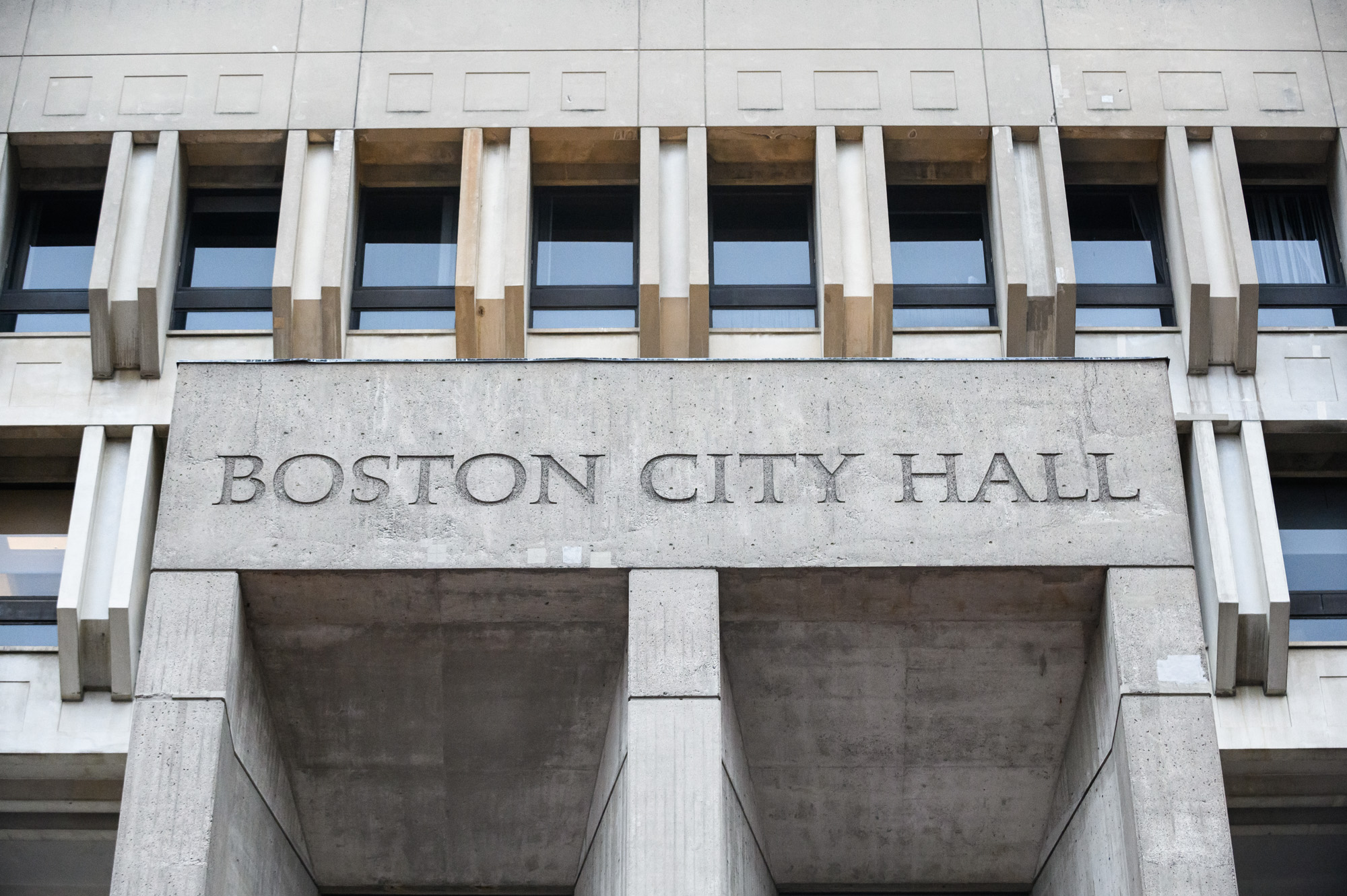Boston City Council passed an ordinance imposing building restrictions near parks, recognized November as Men’s Mental Health Awareness Month and discussed Election Day issues during its Wednesday meeting at City Hall Plaza.
Councilor Gabriela Coletta Zapata presented the ordinance amending Boston’s code restrictions on park frontages at the intersection of Boylston Street, Ipswich Street and Private Alley 938.
The ordinance would codify building height and setback parameters within 15 feet of the eastern bound of park frontages, Colleta Zapata said.
“The proposed ordinance is an effective way to safeguard the intent of the parks protection ordinance while allowing a carefully considered project to move forward,” Coletta Zapata said. “The ordinance will help prevent the exploitation of zoning loopholes under the current ordinance.”

Councilor Tania Fernandes Anderson said her constituents raised concerns about the ordinance and stated “there is no development without displacement.”
Anderson said she ultimately seeks, alongside Councilor Sharon Durkan, to find a “middle ground” on this ordinance.
Additionally, the council passed a resolution, offered by Councilor Brian Worrell, recognizing November as Men’s Mental Health Awareness Month.
“For those who may be struggling, it is important to remember you are not alone,” Worrell said. “You’re always worthy of getting the care you need.”
Councilor Enrique Pepén spoke about the culture of “machismo,” or masculine pride, that he experienced growing up in a Latino household and emphasized the importance of recognizing men’s mental health.
“Life can be brutal, and those challenges only become worse if we think we can walk this journey alone,” Pepén said. “We have to get the help that you need. You deserve it, and it is there for you.”
The council concluded its meeting by calling for a hearing, requested by Council President Ruthzee Louijeune, to investigate ballot shortages and guarantee better voting accessibility for Boston residents in future elections.
“Our democracy is increasingly fragile in so many ways,” Louijeune said. “It is important and incumbent upon all of us to do everything that we can to ensure that everyone has access to democracy.”
Councilor Erin Murphy said she went to scan her ballot on Election Day but was stopped due to concern for an “early voting” tag next to her name, even though she did not vote on an early ballot. Murphy said she had to call the Election Department to secure her vote.
“I hope [recommendations] come out from improvements in planning, voter outreach and election administration to ensure all voters have timely access to the ballots in future elections,” Murphy said.
Councilor Edward Flynn said there was limited lighting in the polling station at Cathedral High School, which he said made it difficult for elderly voters or those with disabilities to see the ballots in the dark.
“The city of Boston was not prepared,” Flynn said. “Voting is a civil rights issue, as we all know. Proper access for persons with disabilities is something we take seriously in this body.”
Flynn thanked poll workers and volunteers for their “excellent” work on Election Day but said the council must “acknowledge” the City’s “complete failure” to facilitate an efficient voting process.
“I’m asking for a state investigation. I’m also asking for a federal investigation,” Flynn said. “This should never happen again.”


















































































































